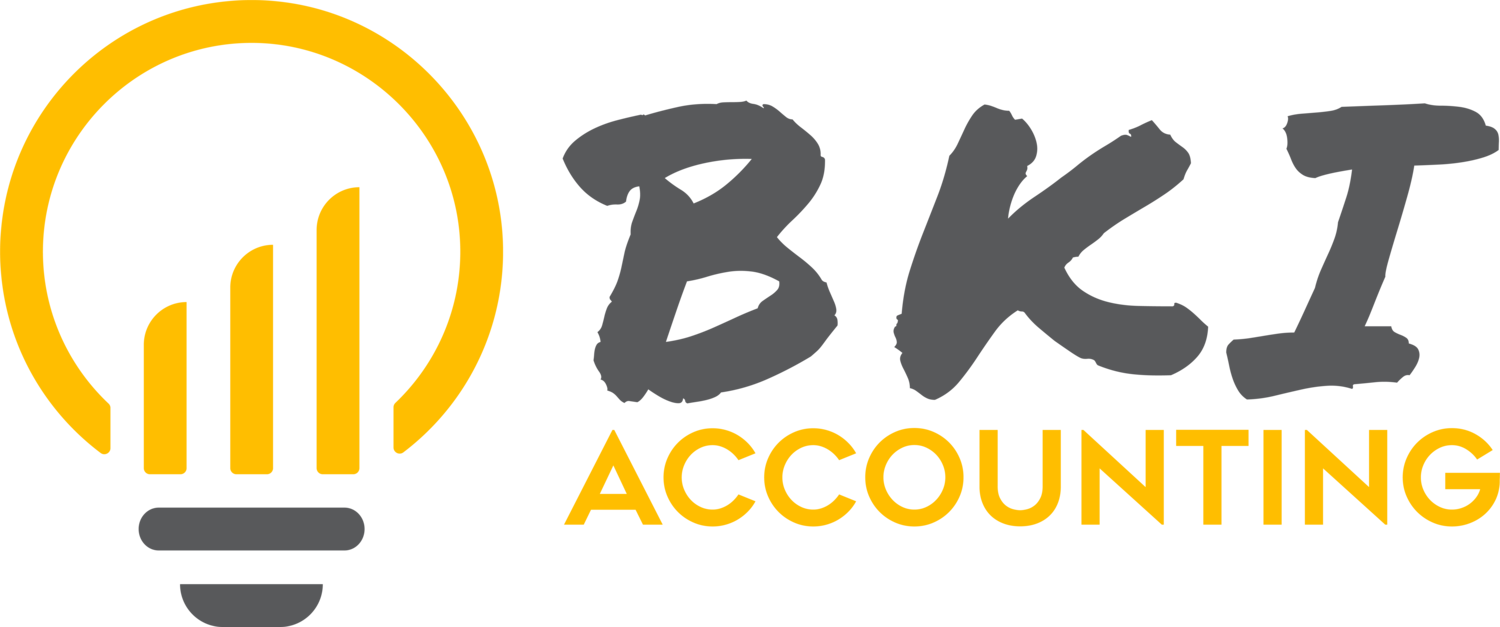Time is money, so here are some quick facts about BOI:
Definition: BOI identifies individuals who directly or indirectly own or control a company, promoting transparency and preventing financial crimes.
Reporting Requirements: Certain companies must submit BOI reports to the Financial Crimes Enforcement Network (FinCEN) to comply with regulations.
Fines: Non-compliance can lead to civil penalties of up to $500 per day and criminal penalties of up to $10,000 and imprisonment for up to 2 years.
Deadline: Companies created or registered before January 1, 2024, have until January 1, 2025, to file their initial BOI report.
Exemptions: Some entities, like publicly traded companies, are exempt from BOI reporting requirements.
Want more information? Visit the FinCEN website for more details.
The Corporate Transparency Act (CTA) in the United States was introduced with the primary goal of addressing illicit activities by enhancing transparency in company ownership structures. By mandating companies to disclose their beneficial owners to the Financial Crimes Enforcement Network (FinCEN), the Act seeks to prevent the misuse of corporations and limited liability companies for criminal gain, including money laundering, fraud, and financing of terrorism, among others.
In September 2022, FinCEN finalized a rule under the CTA, establishing a reporting obligation for Beneficial Ownership Information (BOI). As a result, numerous businesses are now required to begin disclosing their ownership and control data, with FinCEN accepting reports starting January 1 of this year.
what exactly is beneficial ownership information according to FinCEN, and why is it essential?
Beneficial Ownership Information comprises details about individuals who directly or indirectly own or control a company. Identifying these owners is crucial to understanding who you are conducting business with, enabling confident decision-making within acceptable risk tolerance levels.
BOI facilitates trust-building with legitimate businesses and business owners, aids in gauging risk exposure concerning high-risk jurisdictions, sanctioned individuals, or politically exposed persons, and can reveal when an entity falls outside risk tolerance, allowing for terminating the relationship. Additionally, BOI helps determine the level of monitoring required to limit risk and report issues efficiently.
Under FinCEN's Beneficial Ownership Information (BOI) rules, two types of reporting companies are subject to BOI reporting obligations:
Domestic reporting companies: Corporations, limited liability companies, and other entities created by filing a document with a secretary of state or similar US office.
Foreign reporting companies: Entities (including corporations and limited liability companies) formed under foreign law that have registered to do business in the US by filing a document with a secretary of state or similar office.
Some entities, like publicly traded companies meeting specific requirements, certain nonprofits, and specific large operating companies, are exempt from these reporting obligations. However, the reporting requirements are extensive, impacting millions of US businesses and global businesses operating within the United States.
What are the consequences of not filing or mis-filing beneficial ownership information?
The penalties for violations or misreporting can be severe. Anyone willfully violating the reporting requirements could be liable for penalties of up to $500 for each day of continuing violation and criminal penalties include up to two years imprisonment and up to a $10,000 fine.
Currently mistakes or omissions can be corrected within 90 days of the deadline for the original report. However, firms could face civil and criminal penalties for disregarding their BOI reporting obligations.
